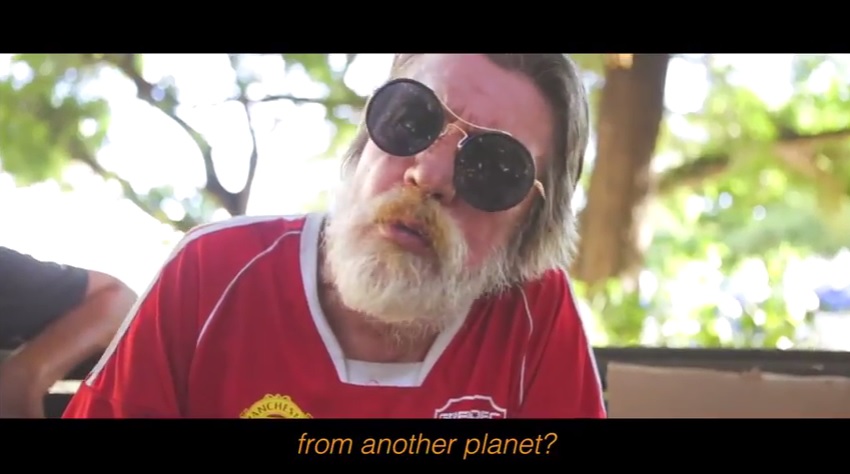Listening to Brazil’s homeless population – how to engage in participatory community building
06 Sep 2017
It is easy in development to talk about the people who need help and dissect their problems for them. It is much harder to invest in the time, to listen to them, understand their experiences and hear how they see their situation. This new, short documentary film (produced by Pulse Films) provides an overview of how ICOM – Instituto Comunitário Grande Florianópolis in Brazil has been working in a participatory way with the homeless population of Greater Florianópolis to develop and model a survey which gives voice to their situation and needs.

Video clip: “…moments you look at me as if I came from another planet?”
With support from two GFCF Burning Issues grants, ICOM has done remarkable work by providing technical and logistical support to a group of local homeless research fellows to carry out a study to identify the local homeless population’s needs. The study was based on responses to more than 500 questionnaires completed by homeless individuals in four cities in the region. The result of this community based participatory research is a comprehensive overview of issues affecting the region’s homeless, and those that have participated in the study (both as research fellows and respondents) describe greater confidence and connectedness. The methodology – which sought to empower participants, and demonstrated the importance of giving voice, autonomy and trust to those directly involved – could be replicated by other communities and used amongst other minority groups around sensitive issues.
The process and support has helped to strengthen the Movimento de População em Situação de Rua de Santa Catarina (Movement of the Homeless Population of Santa Catarina) and has increased the participation of homeless people as leaders of the movement in committees. In has helped to build new partnerships for the movement of homeless people, strengthened the capacity of community-based organizations that were also involved with the cause, raised awareness about homeless people’s health and fostered a deeper understanding of their rights.
ICOM will now use the results of the research to advocate for more attention to homelessness as well as to strengthen the MNPR/SC and homeless people’s participation in the Committees formed in each of the cities to roll our public policies for the homeless population. ICOM has spent the last decade working with many civil society and social organizations to strengthen the voice of communities, especially marginalized groups, and equip them with the skills to leverage resources, advocate for their needs and expertise in setting up structures to sustain their work.
Watch the video of ICOM’s work with local homeless populations

